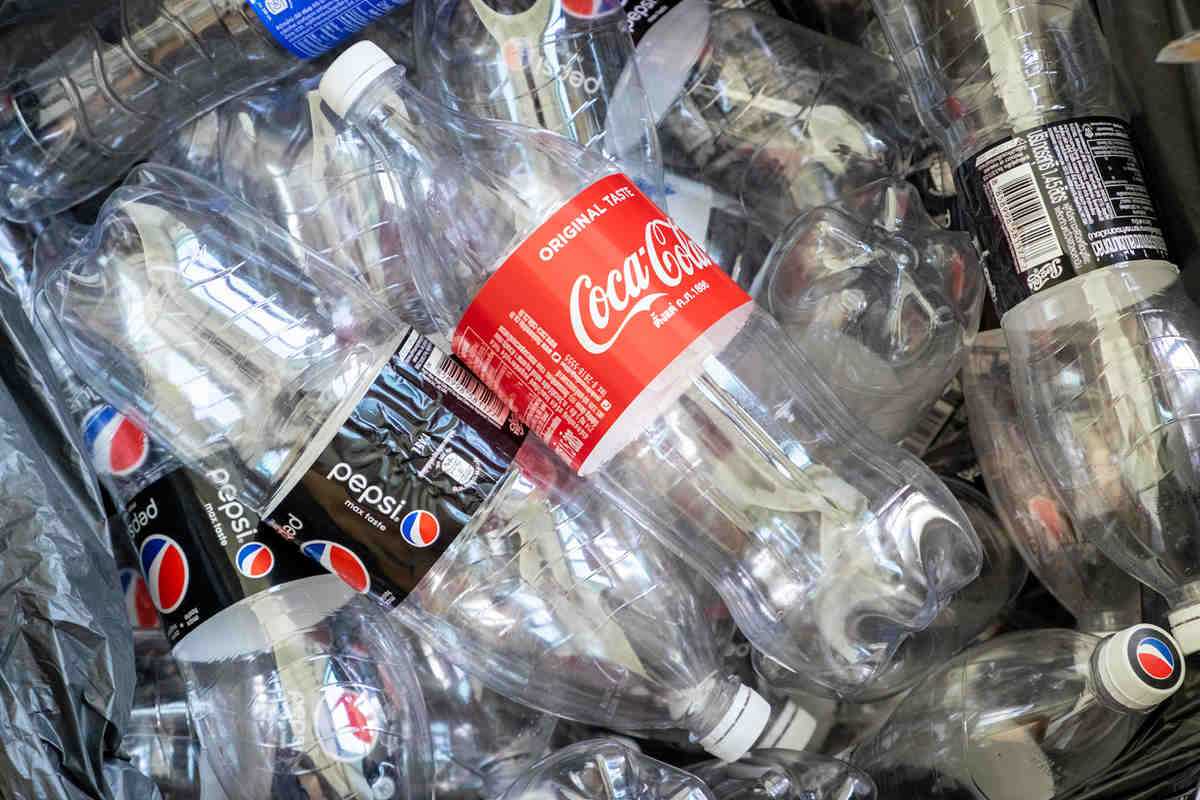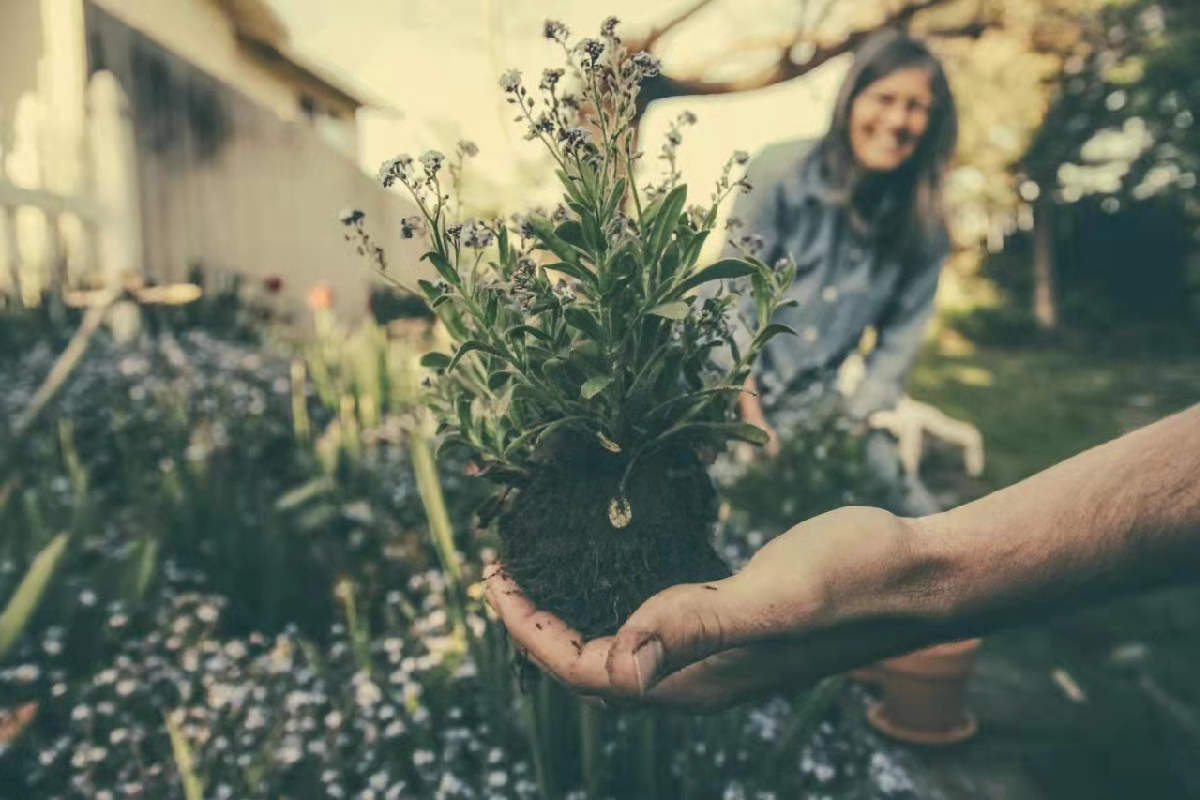PepsiCo is stepping up its strategy for addressing plastics pollution. While the company has previously made agriculture, water and plastic commitments, the industry giant last week specifically named virgin plastic reduction as a goal. The food and beverage giant plans to cut virgin plastic by 50 percent across its entire portfolio of products and increase the recycled content of plastic packaging to 50 percent.

Other big food and beverage companies have similar goals including Coca-Cola, which is working on making 100 percent of its packaging recyclable globally by 2025 and has committed to using at least 50 percent recycled material in packaging by 2030. Likewise, General Mills is working towards 100 percent of packaging being recyclable or reusable by 2030.
In 2050, plastic production is expected to triple and the manufacturing and transportation of the material will account for almost 13 percent of the planet’s total carbon budget.
Plastic packaging is a big problem for food companies. According to the World Wildlife Fund, in 2050 when plastic production is expected to triple, the manufacturing and transportation of the material will account for almost 13 percent of the planet’s total carbon budget. A 2019 Center for International Environment Law report estimated that the extraction of fossil fuels and its transportation to plastic factories for single-use plastic accounts for 12.5 million to 13.5 million metric tons of greenhouse gases emissions.
But plastic is a ubiquitous material for food and beverage companies because of its ability to keep food fresh and protected. What’s more, it is lightweight, keeping transport costs down. PepsiCo and other food companies have focused on getting material back so that it can be reused. But circularity is difficult with plastic because it’s a hard material to recycle fully; most plastic has to be “downcycled” in order to be reused. That’s because current recycling technology does not bring the material back to virgin quality.
Some companies are working on that technological challenge. PepsiCo, along with L’Oreal and Nestle, has invested in a startup that is working on a technology breakthrough that would allow a plastic bottle to be recycled and turned back into another identical plastic bottle. The French startup, Carbios, has created an enzyme that can break down plastic of any color into its original molecules so the material can be reformed just like virgin plastic. In June, the startup announced the first successful production of food-grade PET plastic bottles produced entirely from enzymatically recycled plastic.
In 11 European markets, PepsiCo is already working to move some products to 100 percent recycled PET packaging by 2022. In the U.S., the company wants to convert all Pepsi-branded products to 100 percent recycled plastic by 2030. In 2022, Pepsi Zero Sugar will be the first sold in 100 percent rPET bottles, according to the press release.
Elsewhere, the company’s food and snack side, Frito-Lay, plans to use new compostable food packaging made out of plant-based materials for its veggie crisps, Off The Eaten Path. The chip bag will be industrially compostable and available to U.S. consumers at Whole Foods starting this month. PepsiCo has also stated that it is willing to work with other companies to license the technology to help spur a more circular economy system for food packaging.
A new name for an old effort
In deciding to uplevel its plastic commitments, PepsiCo is also bringing all its carbon, plastic and water benefits under the umbrella banner pep+ (Pepsico Positive).
In January, the food and beverage company announced a plan to reduce direct emissions by 75 percent and Scope 3 emissions by 40 percent by 2030, and to strive to be entirely net zero by 2040. The new goals include the previous net-zero emissions target by 2040 but also spread the focus on other environmental issues including agriculture, water and plastic.
[Interested in learning more about sustainable food production? Check out VERGE Food, part of our VERGE 21 online event.]
On the terrestrial side, PepsiCo is working to spread regenerative agriculture practices, such as no-till and cover crops, across 7 million acres (equivalent to the company’s entire agriculture footprint). The company’s regenerative agriculture programs include a global network of Demonstration Farms that help farmers learn these new methodologies from each other. PepsiCo is also working on sustainably sourcing 100 percent of its key ingredients including potatoes, whole corn, oats and oranges.
For water, PepsiCo aims to be “net water positive” by 2030, meaning it wants to replenish more water than the company uses in its operations and at partner sites that are in high-risk regions. The company is working on increasing water efficiency at high-use areas that it said will avoid the consumption of 11 billion liters of water a year — in total, that’s a 50 percent reduction in water use at these specific sites.
Hopefully, the overall impact of these commitments on the planet will match Pepsi’s influence on the food and beverage world.




